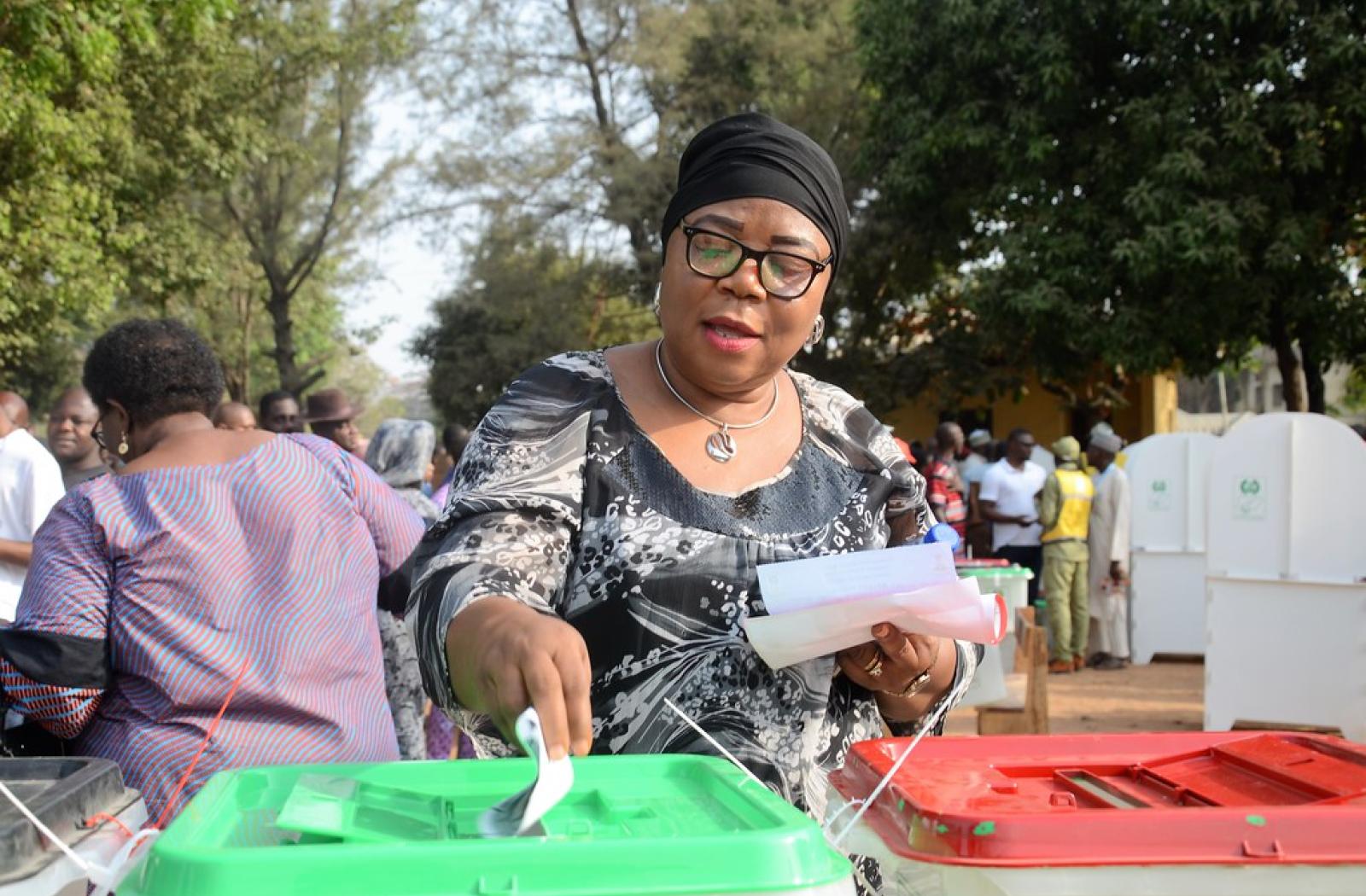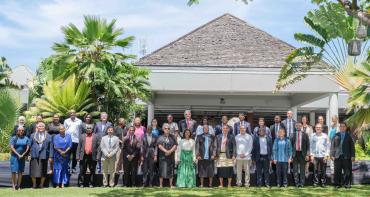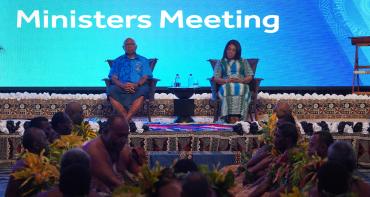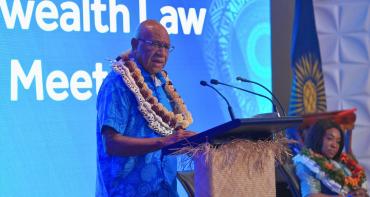The COVID-19 pandemic presented new challenges for the administration of elections. A new Commonwealth briefing paper offers strategies to help Caribbean countries improve the way future elections are held during public health crises.

According to the findings of a new briefing paper by the Commonwealth Secretariat, lessons learnt and best from the COVID-19 pandemic could help Commonwealth Caribbean countries improve the way they hold future elections.
The paper, COVID-19 and Election Management in the Caribbean: Challenges, Innovations and Opportunities, is the result of desk research and interviews with a number of Commonwealth Caribbean Election Management Bodies (EMBs).
It reflects on the experiences of Caribbean countries during the COVID-19 pandemic, which saw many countries having to make difficult decisions on whether and how to hold elections amid unprecedented conditions, and how to balance public health demands with adherence to fundamental democratic and political rights.
Good practices and innovations
In compiling good practices and innovations adopted by EMBs throughout the region, the paper aims to help EMBs and relevant stakeholders mitigate the impact of public health crises on future elections and ensure the political rights of citizens are secured. It addresses key decisions confronting EMBs and governments, and explores good practices and innovations during the pre-election and Election Day phases, including:
- factors influencing the decision to hold an election
- setting the election date
- planning, budgeting and procurement
- campaign and nomination activities
- training of polling staff
- voter education
- polling day preparations
- election day mitigation measures and
- the impact on international observation.
Election preparations
The paper also includes lessons learnt and best practices from Belize, which held its General Election in November 2020. Following multi-stakeholder consultations, Belize proceeded with election preparations with the guiding assumption that all electors could be potential COVID-19 carriers. This, in turn, informed the development of protocols and operating procedures for social distancing and crowd control for its election.
Josephine Tamai, Chief Elections Officer of Belize’s Election and Boundaries Department, who was interviewed for the paper, said:
“I am delighted to have contributed to this body of knowledge and look forward to it being shared with Commonwealth Caribbean countries.
The pandemic is not over yet. We continue to hear of pockets of infections around the world, which adds to the timeliness of the paper. I am optimistic that the findings of this study can be a guide for EMB’s not just in the Caribbean, but other regions of our Commonwealth.”
The paper recommends that, since pandemics require multi-institutional responses, EMBs must strive to collaborate and coordinate with ministries of health and healthcare professionals and be guided by their expertise.
Stakeholder cooperation
The paper also highlights the importance of stakeholder cooperation and buy-in and the need to ensure a sound legal basis for decisions. It also explores several innovations which EMBs might consider adopting as part of their business-as-usual electoral administration; and ways in which such innovations could be of enduring value.
Linford Andrews, the Commonwealth Secretariat’s Adviser and Head of the Electoral Support Section, said:
“This is an important contribution to understanding the trends that emerged at the height of the COVID-19 pandemic.
“It is a compilation of the lessons and good practices to have developed during this time, including adaptations and innovations that may be used beyond this particular pandemic, such as making better use of technology for the training of polling staff, and for voters to check registration statuses online.
This peer-to-peer approach to knowledge-sharing is at the heart of the Commonwealth Secretariat’s efforts to support member country EMBs. It is hoped that the sharing of lessons learnt will benefit EMBs and other national institutions as they continue to strengthen democratic institutions and electoral processes.”
The paper is the third in a series of briefing papers on Commonwealth Elections and COVID-19:
- Managing Elections in the Context of COVID-19: Perspectives from the Commonwealth
- COVID-19 and Election Management in Africa: Challenges, Innovations and Opportunities
- COVID-19 and Election Management in the Caribbean: Challenges, Innovations and Opportunities
Learn more about our electoral support work
Media contact
- Angela Kolongo Communications Officer, Communications Division, Commonwealth Secretariat
- +44 7587 881503 | E-mail



